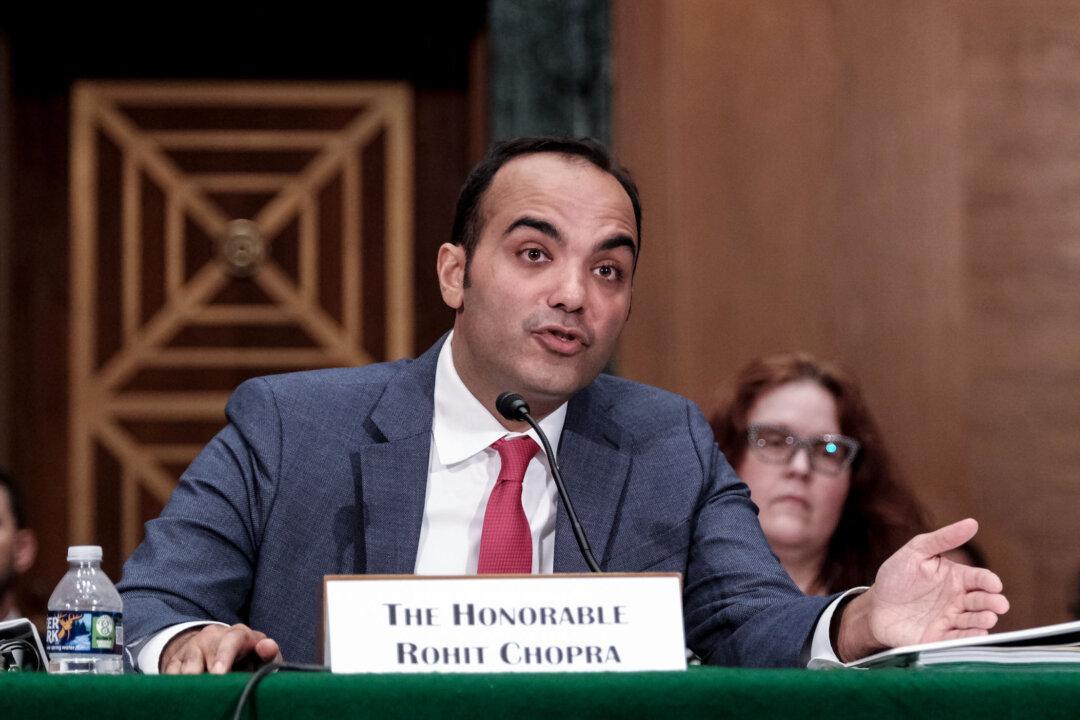Rohit Chopra, director of the Consumer Financial Protection Bureau (CFPB), on Feb. 1 announced his departure from the agency, which has faced criticism from Republicans and others over claims of regulatory overreach, along with constitutional challenges to its existence.
Chopra made the announcement in a letter to President Donald Trump that he also shared on social media on Feb. 1.





